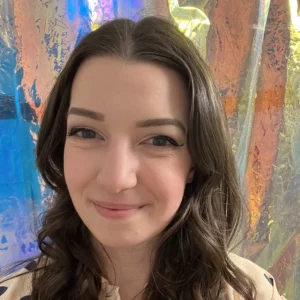By Kelsey McCallum
There’s no time like the present to reconsider the future of education. But when thinking about what schools of the future will look like, it’s hard to imagine them without grades, exams, or even subjects. Yet that’s just what the School of Humanity has done.
This recently-launched online high school has reshaped the idea of what it means to learn, as well as how, why, and where learning happens. The school’s mission is to “reinvent high schools in order to better serve humanity.”
Kelsey McCallum is an Associate Editor for TEACH Mag. She holds a BSc from the University of Guelph and a Graduate Certificate from Centennial College. She currently lives in Toronto, ON, with her partner and their cat, Banksy.


